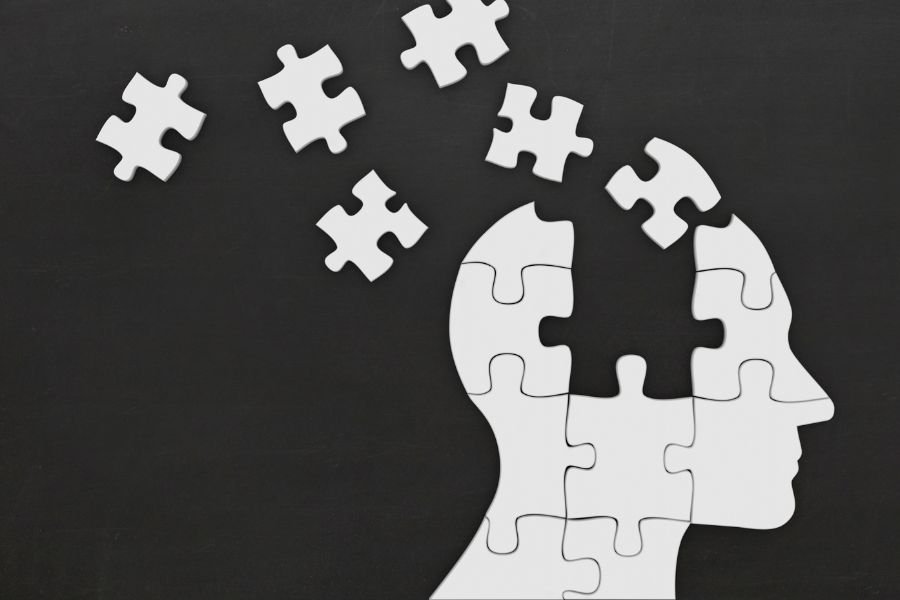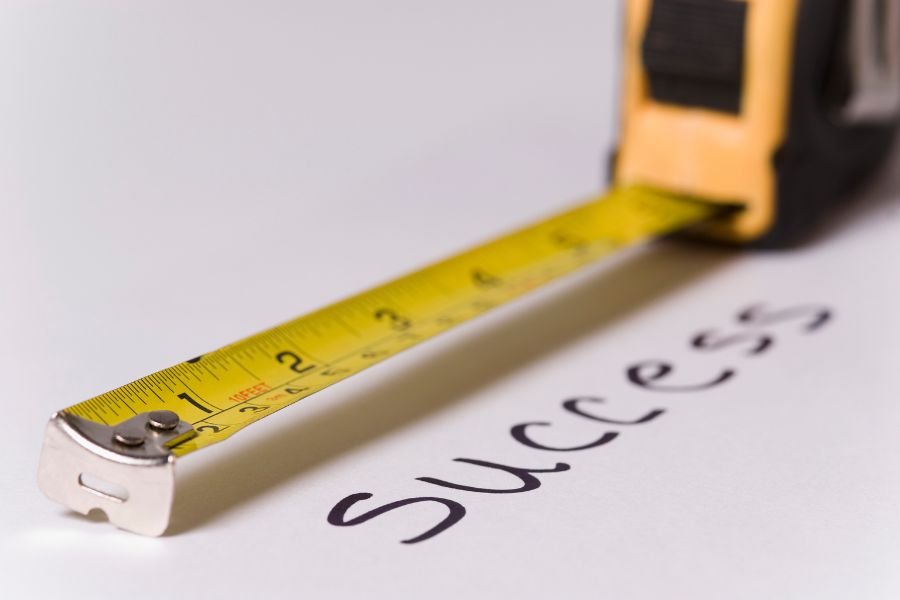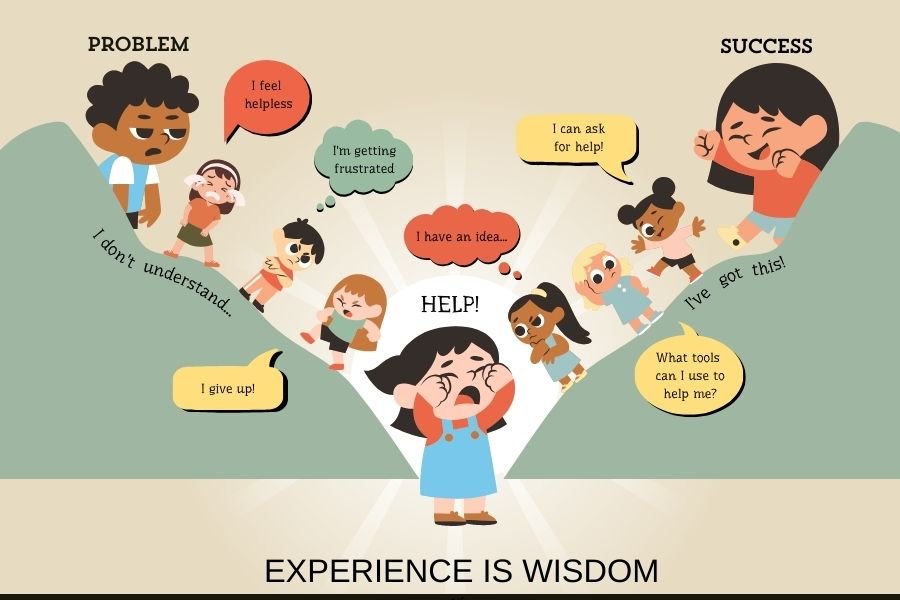Relationships, The Stepping Stone in the Classroom
Building a relationship with the students can go a long way in supporting the teacher’s mission. An environment where the children believe that they are seen and heard can be extremely productive for both, the teachers as well as, the children.
The importance of building good relationships at any stage in life cannot be undermined. And this is especially true in the case of children. Children connect with the people they have a relationship with. They trust these people and are willing to go more than the extra mile for them. These relationships have a huge impact on their behavior as well as their performance. Furthermore, a teacher or an educator who has worked towards building a relationship with the students has better control and can manage the classroom better. Some simple strategies that can assist teachers to form a relationship with the children are as follows:
Get to know the child beyond the class
There is a lot that makes up the personality of a child. Making an attempt to know what a child enjoys, what ticks them off, what makes them happy, can make a child feel wanted and treasured. A teacher can begin with first ensuring that he or she knows the name of each child. Having conversations with them about their interests and making notes of them to refer to later can assist teachers in remembering the details about the child. Asking them what they recently read or if the football game went well, wishing them on their birthday, mentioning that they made a special effort to do something, etc. makes a child feel like a teacher cares and is interested in them. This can go a long way in establishing trust and building the teacher-child relationship.
Give genuine compliments
Children are receptive. They know exactly what we mean and what we don’t. They also pick up a lot of silent cues from our behavior. Therefore, when a teacher gives a compliment, it should be an honest and genuine compliment. Furthermore, we all love being appreciated, especially children. Making an effort to identify the unique skills of every child in the classroom and highlighting them can make a child feel special. This feeling then translates to a genuine liking for the teacher and builds a relationship of mutual admiration and trust. And if children like the teacher, their intent to learn improves, therefore having a strong impact on their academic performance.
Be respectful
Children learn from what they see. If a teacher respects them and the other children in the class, they will learn to respect the teacher as well as their peers. This creates a proper code of conduct that forms the foundation of the relationship between the teacher and the students. If a child respects the teacher, they also learn to respect what is taught. They begin to participate openly without any hesitation as they know that their thoughts and ideas will be respected and not ridiculed. This fosters the ideal environment for learning.
Building relationships is required no matter where we are and at what stage of life. However, investing in building relationships with students can create a bond wherein the teacher is not just considered a leader but is looked upon as being an empathetic and compassionate person who stands by them. This creates an environment where the children are as invested in learning as the teacher is.
Author: Latika Sakhuja














